Proteins are the building blocks of life. Your body breaks down proteins into amino acids that promote cell repair and new cells growth. It takes longer to digest as compared to carbs, which helps make you feel fuller for longer period of time. That is why proteins are important for anyone trying to lose weight.
The current recommended daily intake of protein is 56g for men between the age 19 and 70, and 46g for women between 19 and 70 years of age. A deficiency will lead to muscle atrophy as well as impaired functioning of the body. Therefore, you need to know the best sources of protein to help your body function well.
7 Best Sources of Protein
Protein is important for your hair, nails, and cells in general. You will find some amounts of protein in most foods, but there are some best protein foods that you can include in your diet.
1. Dairy Products
- Milk

Milk is among the best sources of protein,with 8g protein in 1 cup serving. It contains vitamin D and calcium to provide you with stronger bones and teeth. Drink organic milk to provide your body with omega3 and a wider range of nutrients.
- Greek yogurt
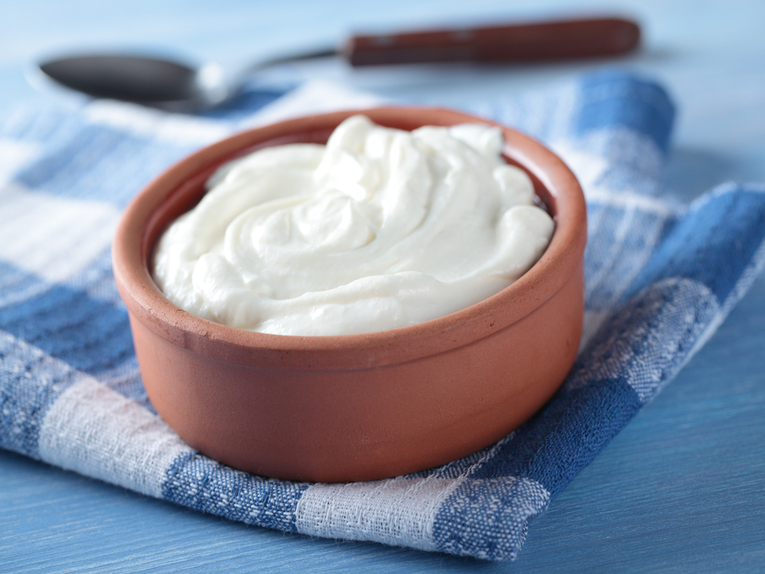
An 8oz. serving of Greek yogurt provides you with 23g of protein. Greek yogurt offers twice as much protein as other varieties. It also provides you with gut-friendly bacteria that improve your digestive system. It is loaded with calcium that is essential for stronger bones.
- Cottage cheese
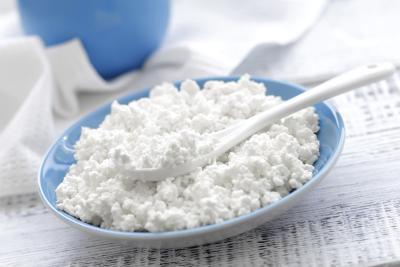
The curd-riddled cheese product is extremely beneficial for you. It offers 14g of protein in a half cup serving. Casein protein is beneficial because your body absorbs it slowly, which means your growing muscles will always have a supply of amino acids. It may be high in sodium though, so read the labels and watch your portion size.
2. Egg

A large egg provides you with 6g of protein that has the highest biological value. It provides you with 20 amino acids that your body can digest with ease. Eggs are also loaded with minerals, vitamins, eye-protecting antioxidants, healthy fats, and brain nutrients.
3. Meat
You will always get a large amount of protein from meat. Here are some of the best sources of protein for you to consider in this category.
- Steak

Every 3oz serving of steak provides you with 23g of protein. It is low in calories and provides you with 1g of protein for every 7 calories. Just be sure to cook them carefully because over-cooking will leave them dry.
- Chicken breast
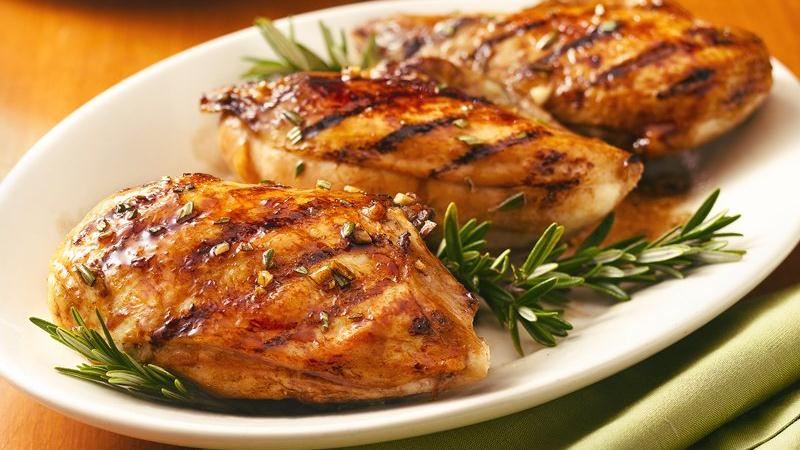
3oz serving of chicken breast is loaded with 24g of protein. It means you get more protein from chicken breast than other poultry cuts. It also has nutrients including minerals and vitamins that help you lose weight, regulate cholesterol levels, and control blood pressure.
- Turkey breast
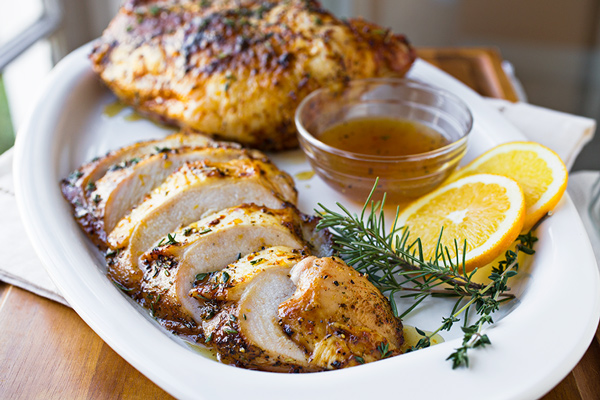
Eating 3oz of turkey breast can provide your body with 24g of protein. It contains about 147 calories with 5g of fat and no carbs at all. It also contains vitamins B12, B6, selenium, niacin, and zinc.
4. Seafood
Seafood is always among the best sources of protein and it is quite healthy because of its low fat content. Here are some protein-rich seafood options.
- Shrimp

Shrimp is a good choice for anyone interested in getting protein from seafood. It contains fewer calories and has several nutrients, including vitamin B12 and selenium. A 100g serving of shrimp will provide you with 24g protein and loads of omega3 fatty acids that offer several health benefits.
- Sockeye salmon

A 3oz serving of sockeye salmon is packed with 23g of protein. It is also beneficial for your health because it contains long-chain omega3 fatty acids that can improve your cardiovascular health.
- Octopus
A 3oz serving of octopus has 25g of protein. It contains 150 calories, which is why it is a good choice for anyone trying to lose weight. It also has several other nutrients, including vitamin B12 and trace minerals. However, octopus is high in cholesterol, so you need to eat it in moderation.
5. Beans and Nuts
Beans and nuts are also among the list of best sources of protein. Here are some of the popular choices.
- Lentils
A 1/4cup serving of lentils provide you with 13g of protein. At the same time, it contains calcium, potassium, niacin, zinc, and vitamin K. It is also loaded with dietary fiber, iron, and folate. Lentils are a kind of legume, so it’s a good choice for vegetarians.
- Pistachios

About 50pistachios will provide you 6g of protein. Pistachios also contain potassium and sodium that make them even more beneficial for someone who engages in strenuous workouts or sporting activities. In addition, you should also eat nuts like cashews, peanuts and almonds to get all-important nutrients required for good health.
6. Vegetables
Vegetables contain dietary fiber, protein, vitamin C, and other important nutrients. Green veggies are rich in potassium that helps maintain healthy blood pressure.
- Broccoli

A cup of chopped broccoli is loaded with 3g of protein and only 31 calories. You can also add it in your diet if you are trying to lose weight. It contains loads of vitamin K, vitamin C, and potassium. The dietary fiber in broccoli keeps you full and prevents hunger pangs. It is a great source of different bioactive nutrients that give you protection against cancer.
- Brussels sprouts

This green veggie is among the best sources of protein. A half-cup serving of brussels sprouts will provide your body with 2g of protein. They also provide you with vitamin K and vitamin C, as well as manganese, folate, dietary fiber, vitamin B6, copper, phosphorus, and omega3 fatty acids.
7. Grains
Grains are important for health because they are great sources of protein and also contain several B vitamins as well as dietary fiber.
- Quinoa

A cup of quinoa has 8g of protein and 222 calories. It provides you with good energy for heavy workouts. It also contains fiber, minerals, vitamins, magnesium, riboflavin, lysine, and loads of antioxidants. It is great for your digestive system, and protects you from different types of cancers.
- Wheat germ
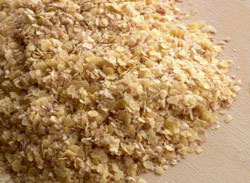
An ounce of wheat grain has 6g of protein, but also has several other health benefits because it is made up of bran, endosperm, and germ. Most of its nutrients come from the germ. It is one of the finest sources of good proteins, and is also loaded with healthy fats and fiber. It also has thiamin, zinc, magnesium, vitamin E, and other antioxidants required for good health.
